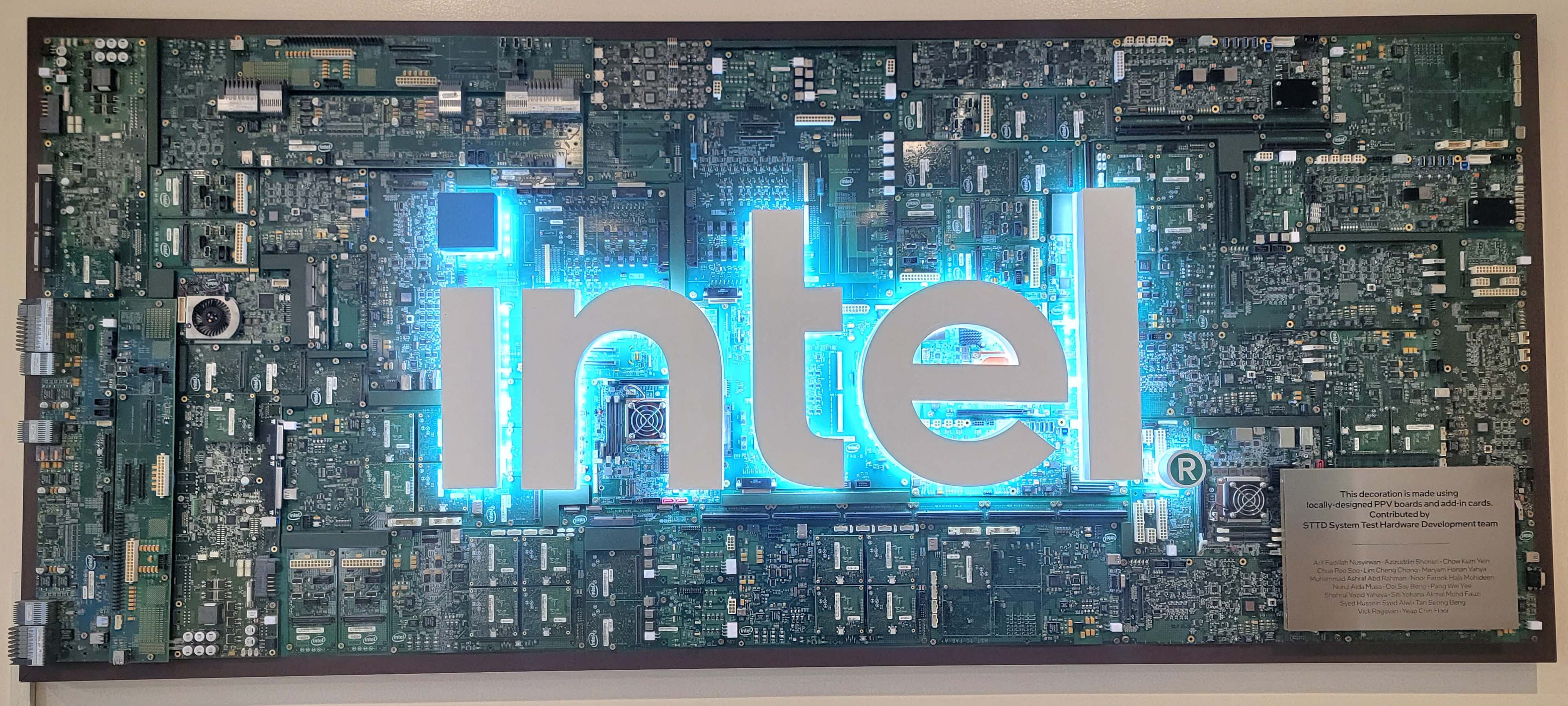Intel Is Helping Hardware and Software Vendors Build Out AI Features
Intel's "AI PC Acceleration Program" comes ahead of its Meteor Lake processors with NPUs.

Every major chipmaker in the PC space has — or is about to — add neural processing units that can be used for machine learning or AI tasks. For those to be truly useful, however, the hardware and software using those chips must have AI-enabled features. Today, Intel announced an AI PC Acceleration Program to provide resources to independent software vendors (ISVs) and independent hardware vendors (IHVs) to make that happen.
Intel's program comes ahead of the launch of its Intel Core Ultra "Meteor Lake" processors on December 14. It promises to provide "AI toolchains, co-engineering, hardware, design resources, technical expertise and co-marketing opportunities" to ISVs and IHVs in an effort to deliver a full suite of applications ready to utilize Meteor Lake's new tech.
The company claims that it is working with over 100 software vendors on "more than 300 AI-accelerated features", including companies such as Adobe, Audacity, BlackMagic, CyberLink, XSplit, Zoom, Topaz, Webex, and Magix.
"With a long history in AI development and a deep network of ISV engineering relationships, Intel will take an active role in fostering connections and innovations that propel new use cases and experiences on the PC," Michelle Johnston Holthaus, executive vice president and general manager of the Client Computing Group at Intel said in a press release. You can read more about Intel's AI PC initiative here.
Chipmakers and PC vendors need these features to arrive and provide excitement. Apple, AMD, and Qualcomm already have neural processors, but proof in the AI pudding might make upgrading PCs worth it to many people who upgraded at the beginning of the COVID-19 pandemic and haven't since. It also lets companies like Intel show how powerful their chips can be without putting extra strain on a CPU or GPU.
AMD launched its 7040U (codenamed Phoenix) series mobile processors earlier this year, with some configurations featuring its XDNA-powered AI engine. There are, however, few examples of software taking advantage of it. Microsoft included a Movidius NPU on its Surface Laptop Studio 2 but primarily used it for Windows Studio camera effects. Qualcomm is launching its Snapdragon X chips at its upcoming Summit in Maui, which the company said "will deliver accelerated on-device user experiences for the new era of generative AI."
It's doubtful that Intel is the only company working with software and hardware companies to build experiences around its chips. But it has many big names on board, which can increase its perception as the leading option for AI-enhanced workloads before its new chips are even released. I'm sure we'll see several demonstrations when Intel Core Ultra launches in December.
Get Tom's Hardware's best news and in-depth reviews, straight to your inbox.

Andrew E. Freedman is a senior editor at Tom's Hardware focusing on laptops, desktops and gaming. He also keeps up with the latest news. A lover of all things gaming and tech, his previous work has shown up in Tom's Guide, Laptop Mag, Kotaku, PCMag and Complex, among others. Follow him on Threads @FreedmanAE and BlueSky @andrewfreedman.net. You can send him tips on Signal: andrewfreedman.01